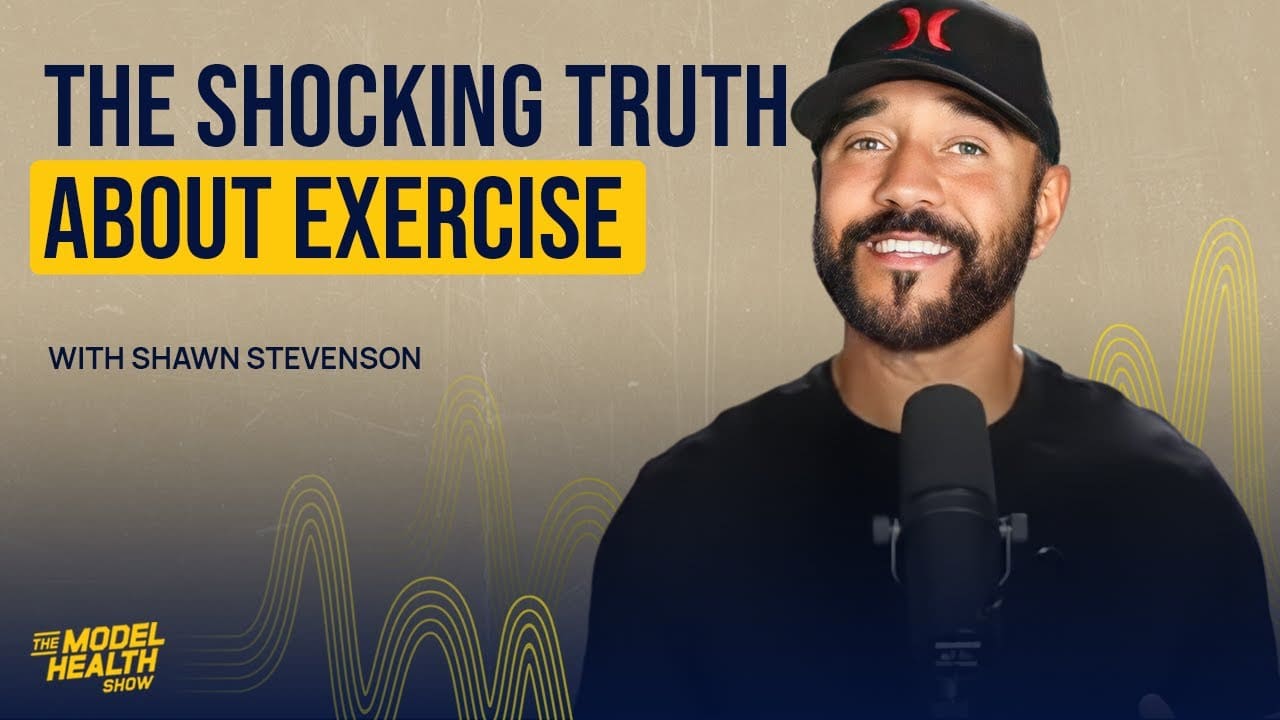Exercise: The Ultimate Competitive Advantage
When we think of exercise, we often think of it as a means to achieve physical changes – a flat stomach, biceps, or quads. However, exercise has far more powerful benefits than mere vanity metrics. Engaging in physical activity has a range of systemic changes in the body, ultimately leading to better health and well-being.
Recent studies show that 88% of American adults are metabolically unhealthy, meaning being fit and healthy can provide a vital competitive advantage. Exercise increases functionality and capability when doing well and provides the resilience to weather life’s ups and downs. In a world where AI is becoming increasingly integrated into our society, human capital needs to pivot and adapt to remain competitive.
One of the main factors disrupting our livelihood today is depression. According to the National Institute of Mental Health, depression is now the leading cause of absenteeism in the United States. Stress is a key contributing factor to depression and other chronic illnesses, and a study published in JAMA Internal Medicine reports that upwards of 80% of all physician visits today are for stress-related illnesses.
Physical activity is one of our reality’s most potent epigenetic controllers, meaning that engagement in exercise controls our genes, determining which genes are expressed and which are muted. A new meta-analysis published in the British Medical Journal showed that exercise is 1.5 times more effective at reducing mild to moderate symptoms of depression, psychological stress, and anxiety than conventional treatments like medication or psychotherapy. The results of 1,039 randomized controlled trials and over 130,000 human participants prove that exercise is science-backed and an incredibly effective treatment for depression.
Physical inactivity is also one of the top contributors to chronic diseases that keep people out of work. The three main causative factors of workers missing work are chronic diseases such as heart disease, obesity, and diabetes, all of which are preventable with regular exercise. For example, a 2017 study in the International Journal of Obesity found that regular exercise can activate brown fat and boost the metabolic rate, potentially reducing the risk of obesity and type-2 diabetes.
Research shows that physical activity can lead to better brain function, higher cognitive function, and increased brain volume. For example, a 2018 study in the Journal of Sports Medicine and Physical Fitness reported that performing high-intensity interval training (HIIT) can increase BDNF. This protein helps to regulate brain function. Regular exercise also provides cognitive benefits such as improved focus, memory, and creativity.
Exercise also contributes to better sleep habits, improving overall health and well-being. A 2019 Journal of Sleep Research study found that just 30 minutes of moderate-intensity aerobic exercise can improve overall sleep quality, boosting cognitive function, mood, and overall health.
In conclusion, physical exercise is far more than a tool for achieving superficial results. It is a competitive advantage that can provide systemic benefits to health and well-being. Regular exercise can provide the resilience and functionality necessary to succeed in today’s AI-integrated world. Not only does exercise offer protection against chronic diseases and depression, but it also provides cognitive benefits that can improve creativity, focus, and memory. With these benefits in mind, incorporating regular exercise into your daily routine is vital to overall health and maintaining a competitive edge in both professional and personal pursuits.
*****
*****
Summary of Transcript:
This video discusses the little-known truth about exercise and how it can be a powerful tool in protecting and improving your health. The speaker emphasizes the importance of good health and fitness, especially in a world increasingly impacted by artificial intelligence. He cites a study that found 88% of American adults are metabolically unhealthy, and exercise can give you a competitive advantage by improving your resilience and energy levels. The three main factors that cause people to miss work are depression, stress, and back pain. The speaker explains how exercise is scientifically proven to combat depression and alleviate stress. Exercise works better than medication or psychotherapy in reducing mild to moderate depression symptoms, according to a meta-analysis of over 1,000 randomized controlled trials and nearly 130,000 human beings. The speaker highlights the need for exercise to be promoted as a form of treatment, as it is scientifically backed, generally free, and accessible.
*****
Summary of Description:
This content discusses the importance of protecting oneself from depression, illness, and injury. It discusses the benefits of exercise in controlling epigenetics, reducing absenteeism, treating depression, increasing resilience, improving immune response, reducing inflammation, reducing the risk of injury, and improving brain plasticity and memory. The content also highlighted how walking is a wonder drug, play is an underrated form of exercise for health and happiness, and the specific forms of exercise to engage in for improved health.
*****
Source Description
How to Protect Yourself from Depression, Illness, and Injury
In this episode, you’ll discover the following:
* Why your health is your most valuable asset.
* How exercise acts as an epigenetic controller.
* The number one cause of absenteeism in the workplace.
* How to exercise measures up against conventional treatments of depression.
* Why regular physical activity can increase your resilience.
* How movement can improve your immune response and reduce inflammation.
* Two types of training that can reduce the risk of injuries.
* Why being fit is a superpower.
* How your lymphatic system works and why movement is essential.
* The impacts of exercise on brain plasticity.
* How strength training affects long-term memory.
* The connection between walking and dementia risk.
* Why walking is a wonder drug.
* Specific forms of exercise to engage in to improve your health.
* How walking can extend your lifespan.
* Why play is an underrated form of exercise for health and happiness.
Timestamps
5:56 – Depression
20:25 – infectious illnesses
41:05 – injuries
Visit http://themodelhealthshow.com/ to subscribe for free updates, new episodes, and much more.
The Model Health Show has been featured as iTunes’s #1 Fitness & Nutrition podcast. Thanks so much for listening and sharing!
#shawnstevenson #exercise #health #depression #brain #mentalhealth #illnesses #injury

